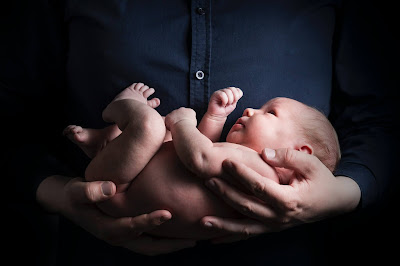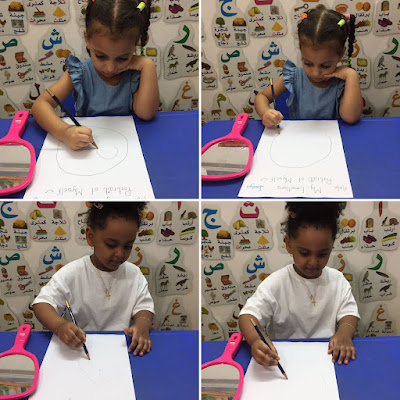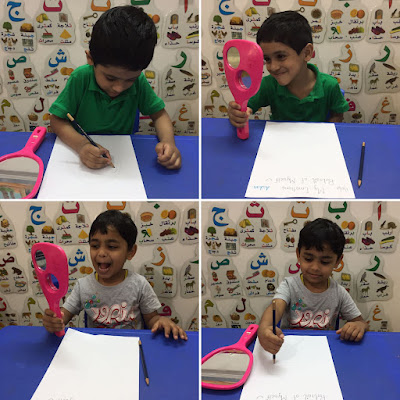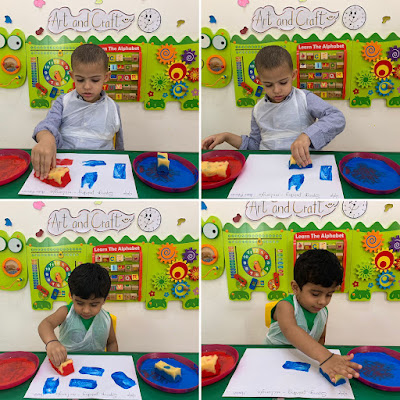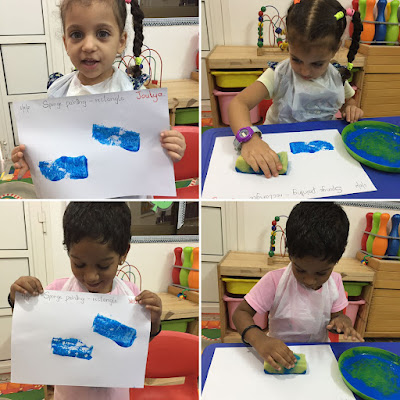A Lonely Entry – Born During Lockdown
The COVID-19 pandemic broke out and the entire world was in the throes of a lockdown. We were all trapped in our homes; struggling to make sense of the unknown; grappling with the sudden loss of livelihood, freedom, togetherness and loved ones.
However, in the midst of all this angst and uncertainty, there were bundles of joy being showered on this planet, approximately 142,000 in UK alone during the lockdown. Babies were born. As they grew they knew no one else other than their parents. A lonely entry and a lonely journey till the world gained some control over the situation; till the deserted streets became busy again; till students got back to schools and families were reunited.
A question needs to be asked – Did the lockdown affect the babies born during the lockdown?
We all know that the first five years of a child’s life sees 90% of brain development which develops nearly double its size. This development depends mainly on a stimulating, responsive and varied environment that promotes physical, emotional, social, language and intellectual capabilities. However, these babies spent nearly the initial two most crucial years of their lives indoors, in seclusion. To add to their woes, the economic pressures faced by families, lack of proper early childhood support, disrupted contact with health professionals and social workers placed these little ones at a great risk of harm, malnutrition, maltreatment and in some cases fatalities as well.
Children depend on high-quality interactions to support holistic development. During the pandemic, parents were forced to juggle between work and childcare, leaving the home environment more stressful and frustrated. They were unable to indulge in quality interactions and to create stimulating and enriching environments at home. Infants spent more and more time in front of screens and parent-child interaction decreased substantially. The impact of mask-wearing led to the infants’ inability to see facial expressions thus eliminating the chances of the infants picking up non-verbal cues, facial gestures and instructions.
The role we played as Early Childhood practitioners:
As an experienced Early Childhood practitioner, I have had the firsthand experience of observing these babies and toddlers when they walked in my nursery for the first time after the pandemic protocols were relaxed. These little ones were not used to new faces. They were very hesitant and unwilling to engage or even make eye contact. Their physical movements were restricted as well; they were unable to hop, jump and even walk independently. They were socially withdrawn; clinging on to their parents continuously. We knew that it would not be easy for these little ones to move into a group setting and interact socially. However, the resilience of children is remarkable and their ability to adapt is commendable.
With a lot of interventions from our caring educationists, focused on helping them to share, befriend, learn how to communicate and to take turns, they absorbed information readily. They observed their peers, picked up social cues and learned to regulate emotions; soon their initial shyness faded away, they became more relaxed and confident and eventually came out of their inhibitions.
Advice for parents:
Advice for parents:
- Nourish your child’s body with healthy food, proper sleep and adequate exposure to the sun
- Spend quality time with your child
- Provide more opportunities for parent-child interaction
- Create more opportunities for social interactions
- Inculcate independence
- Reduce screen time
- Encourage outdoor play
- Increase talk time through read-aloud sessions, story times and play
- Establish communication channels with your child’s teacher and caregiver.
- Extend the classroom learning to your home. Recreate learning experiences for your child at home.
Oxford Brookes University conducted a Social Distancing and Development Study consisting of nearly 500 parents of children less than three years. The study is investigating the impact of social distancing and lockdown on children’s intellectual development, social interactions, sleep, screen time and time spent outdoors. The study aims to identify best practices to aid parents and to keep policy makers informed about ways of further reducing the detrimental impact of the lockdown on their development and growth. The study is still ongoing and we will soon get to know the findings and obtain deeper insights on how the pandemic has affected the very young.
But as of now, we do not have a clear understanding, thus highlighting the fact that early childhood and child development needs to be given its due attention.
Till then, we as a community of parents and early childhood practitioners have to take over the reins and put best practices into action.
Till then, we as a community of parents and early childhood practitioners have to take over the reins and put best practices into action.
Poem courtesy – Catholic Care

